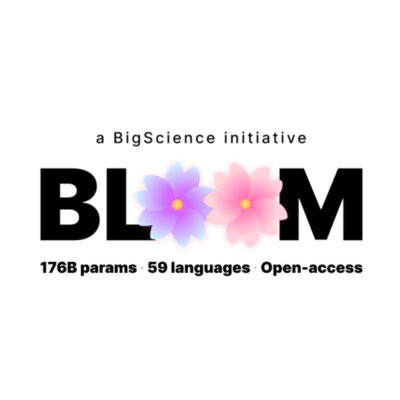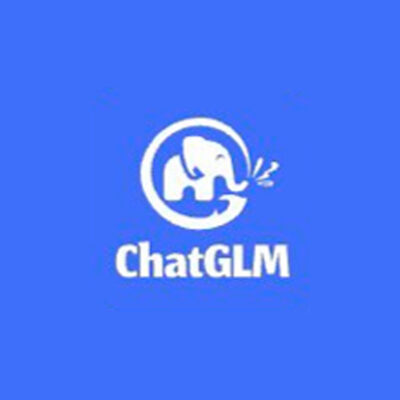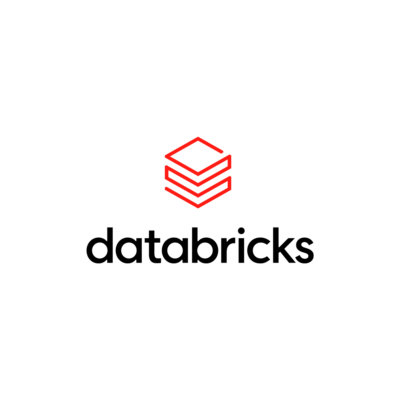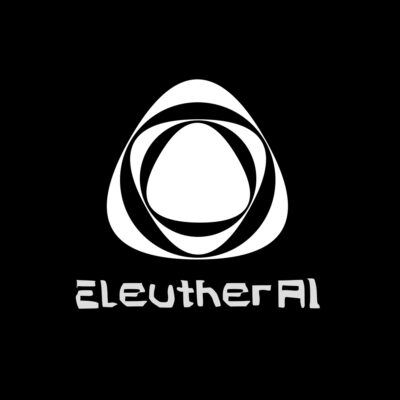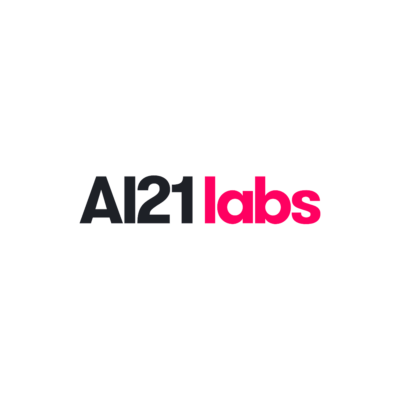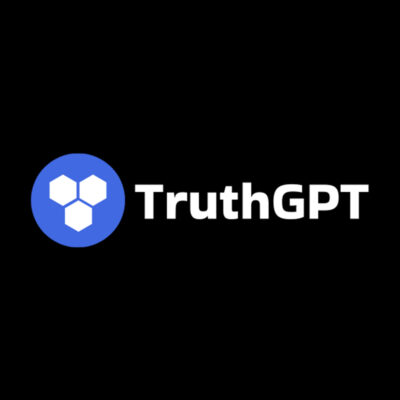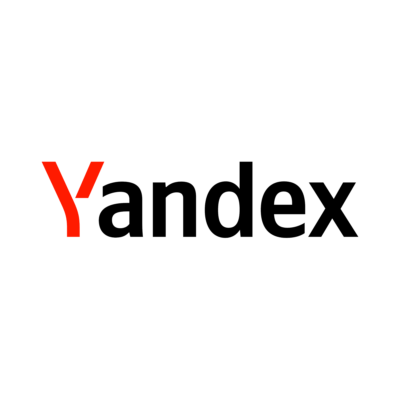Compare Models
-
BigScience
BLOOM
FREEBigScience Large Open-science Open-access Multilingual Language Model (BLOOM) is a transformer-based LLM. Over 1,000 AI researchers created it to provide a free large language model for everyone who wants to try and it is a multilingual LLM. BLOOM is an autoregressive Large Language Model (LLM), trained to continue text from a prompt on vast amounts of text data using industrial-scale computational resources. It can output coherent text in 46 languages and 13 programming languages. It is free, and everybody who wants to can try it out. To interact with the API, you’ll need to request a token. This is done with a post request to the server. Tokens are only valid for two weeks. After which, a new one must be generated. Trained on around 176B parameters, it is considered an alternative to OpenAI models. There is a downloadable model, and a hosted API is available. -
ChatGLM
ChatGLM-6B
FREEResearchers at the Tsinghua University in China have worked on developing the ChatGLM series of models that have comparable performance to other models such as GPT-3 and BLOOM. ChatGLM-6B is an open bilingual language model (trained on Chinese and English). It is based on General Language Model (GLM) framework, with 6.2B parameters. With the quantization technique, users can deploy locally on consumer-grade graphics cards (only 6GB of GPU memory is required at the INT4 quantization level). The following models are available: ChatGLM-130B (an open source LLM), ChatGLM-100B (not open source but available through invite-only access), and ChatGLM-6 (a lightweight open source alternative). ChatGLM LLMs are available with a Apache-2.0 license that allows commercial use. We have included the link to the Hugging Face page where you can try the ChatGLM-6B Chatbot for free. -
Databricks
Dolly 2.0
FREEDolly 2.0 by Databricks, is the first open source, instruction-following Large Language Model, fine-tuned on a human-generated instruction dataset and is licensed for research and commercial use, which means any organization can create, own, and customize powerful LLMs that can talk to people without paying for API access or sharing data with third parties.Dolly 2.0 is a 12B parameter language model based on the EleutherAI pythia model family and fine-tuned exclusively on a new, high-quality human generated instruction following dataset (crowdsourced among Databricks employees – so cool). Dolly-v2-12b is not a state-of-the-art model, but it does exhibit surprisingly high-quality instruction following behavior not characteristic of the foundation model on which it is based. Dolly v2 is also available in smaller model sizes: dolly-v2-7b, a 6.9 billion parameter based on pythia-6.9b and dolly-v2-3b, a 2.8 billion parameter based on pythia-2.8b.Dolly 2.0 can be used for brainstorming, classification, open Q&A, closed Q&A, content generation, information extraction, and summarization. You can access the Dolly 2.0 can training code, the dataset, and the model weights on Hugging Face. -
EleutherAI
GPT-J
FREEEleutherAI is a leading non-profit research institute focused on large-scale artificial intelligence research. EleutherAI has trained and released several LLMs and the codebases used to train them. GPT-J can be used for code generation, making a chat bot, story writing, language translation and searching. GPT-J learns an inner representation of the English language that can be used to extract features useful for downstream tasks. The model is best at what it was pretrained for, which is generating text from a prompt. EleutherAI has a web page where you can test to see how the GPT-J works, or you can run GPT-J on google colab, or use the Hugging Face Transformers library. -
EleutherAI
GPT-NeoX-20B
FREEEleutherAI has trained and released several LLMs and the codebases used to train them. EleutherAI is a leading non-profit research institute focused on large-scale artificial intelligence research. GPT-NeoX-20B is a 20 billion parameter autoregressive language model trained on the Pile using the GPT-NeoX library. Its architecture intentionally resembles that of GPT-3, and is almost identical to that of GPT-J- 6B. Its training dataset contains a multitude of English-language texts, reflecting the general-purpose nature of this model. It is a transformer-based language model and is English-language only, and thus cannot be used for translation or generating text in other languages. It is freely and openly available to the public through a permissive license. -
AI21 Labs
Jurassic-2 Grande (Base & Instruct)
$0.01J2-Grande offers enhanced text generation capabilities, making it well-suited to language tasks with a greater degree of complexity. Its fine-tuning options allow for optimization of quality, while maintaining an affordable price and high efficiency (see site for more details). It is an ideal choice for complex language processing tasks and generative text applications. All of J2 models support several non-English languages, including: Spanish, French, German, Portuguese, Italian and Dutch. All Jurassic foundation models are trained on a massive corpus of text, making them a powerful basis for a wide range of natural language processing applications, capable of understanding and composing human-like text. Models are available through an API and you can start with a free trial and then pay based on usage. -
AI21 Labs
Jurassic-2 Jumbo (Base & Instruct)
$0.015As the largest and most powerful model in the Jurassic series, J2-Jumbo is an ideal choice for the most complex language processing tasks and generative text applications. Further, the model can be fine-tuned for optimum performance in any custom application. Jurassic-2 not only improves upon Jurassic-1 (AI21 Studio previous generation models) in every aspect, making it highly versatile in general purpose text-generators, and capable of composing human-like text and solving complex tasks such as question answering and text classification. All of the J2 models support several non-English languages, including: Spanish, French, German, Portuguese, Italian and Dutch. All Jurassic foundation models are trained on a massive corpus of text, making them a powerful basis for a wide range of natural language processing applications, capable of understanding and composing human-like text. Models are available through an API and you can start with a free trial and then pay based on usage. -
AI21 Labs
Jurassic-2 Large (Base & Instruct)
$0.003Designed for fast responses, the Jurassic-2 Large model can be fine-tuned to optimize performance for relatively simple tasks, making it an ideal choice for language processing tasks that require maximum affordability and less processing power. All of the J2 models support several non-English languages, including: Spanish, French, German, Portuguese, Italian and Dutch. All Jurassic foundation models are trained on a massive corpus of text, making them a powerful basis for a wide range of natural language processing applications, capable of understanding and composing human-like text. Models are available through an API and you can start with a free trial and then pay based on usage.
-
TruthGPT
TruthGPT
OtherTruthGPT is a large language model (LLM), and according to Elon Musk, TruthGPT will be a “maximum truth-seeking” AI. In terms of how it works, it filters through thousands of datasets and draws educated conclusions to provide answers that are as unbiased as possible. TruthGPT is powered by $TRUTH, a tradable cryptocurrency on the Binance Smart Chain. $TRUTH holders will soon access additional benefits when using TruthGPT AI. When we learn more, we will update this section. -
Yandex
YaLM
FREEYaLM 100B is a GPT-like neural network for generating and processing text. It can be used freely by developers and researchers from all over the world. It took 65 days to train the model on a cluster of 800 A100 graphics cards and 1.7 TB of online texts, books, and countless other sources in both English and Russian. Researchers and developers can use the corporate-size solution to solve the most complex problems associated with natural language processing.Training details and best practices on acceleration and stabilizations can be found on Medium (English) and Habr (Russian) articles. The model is published under the Apache 2.0 license that permits both research and commercial use.

